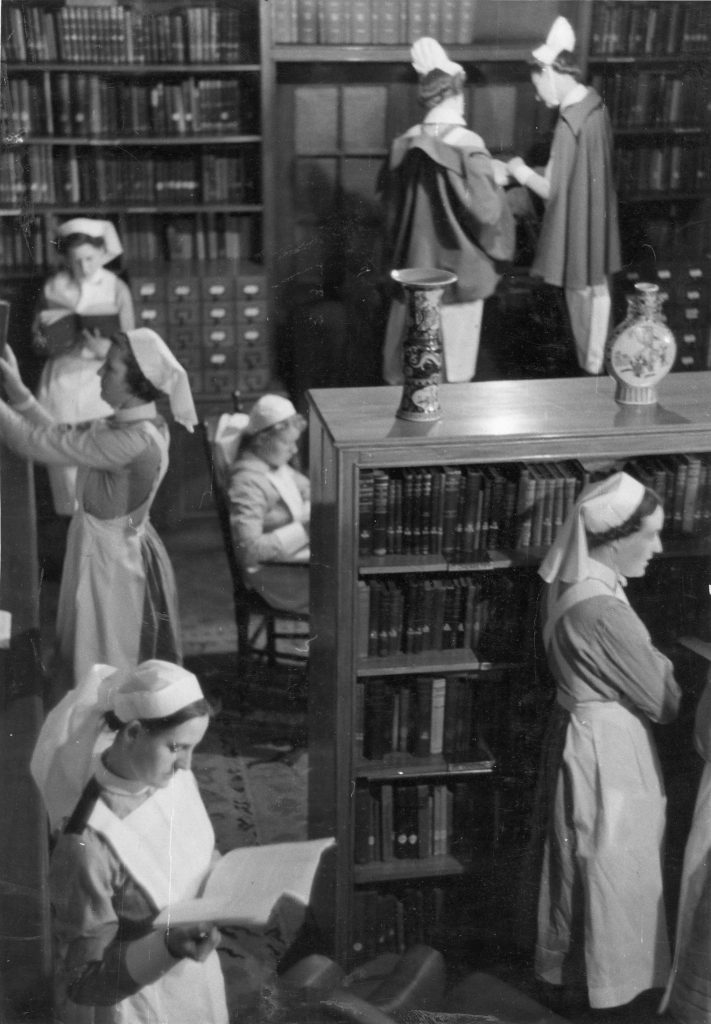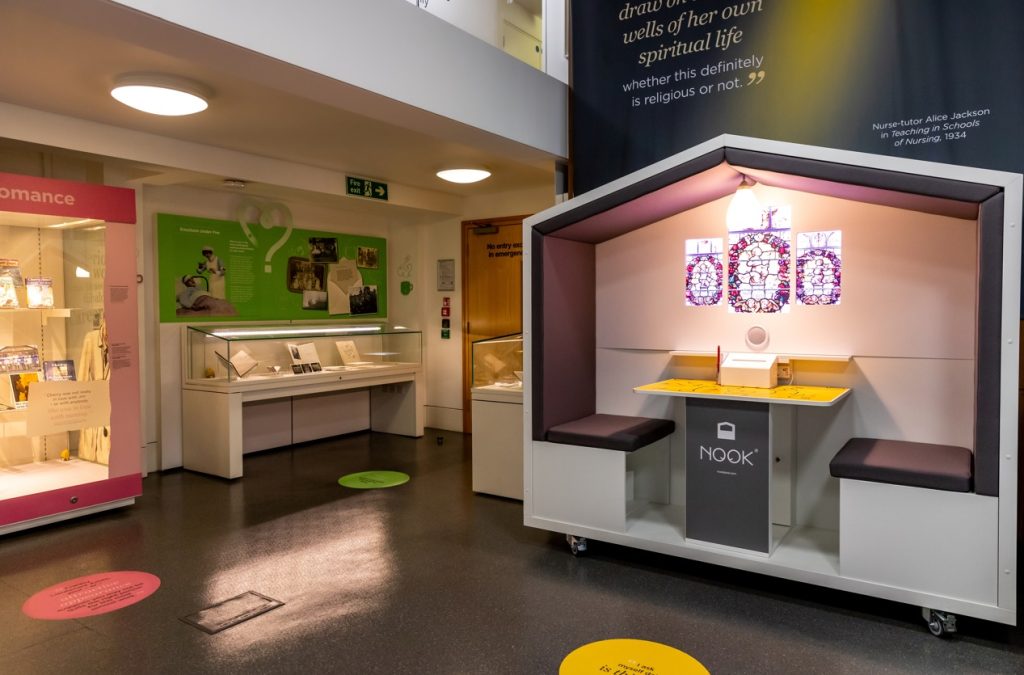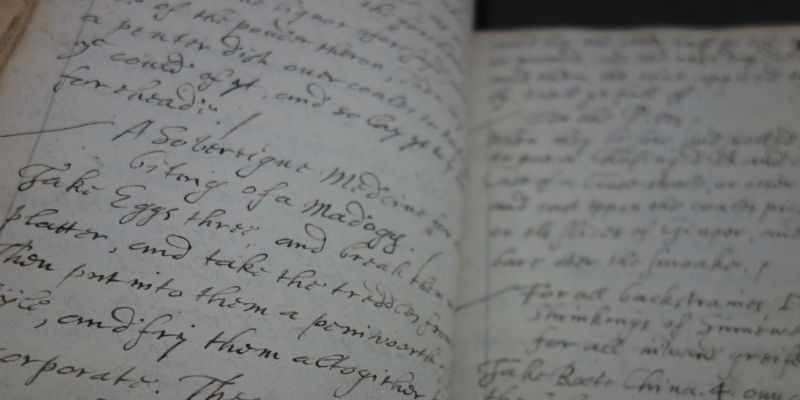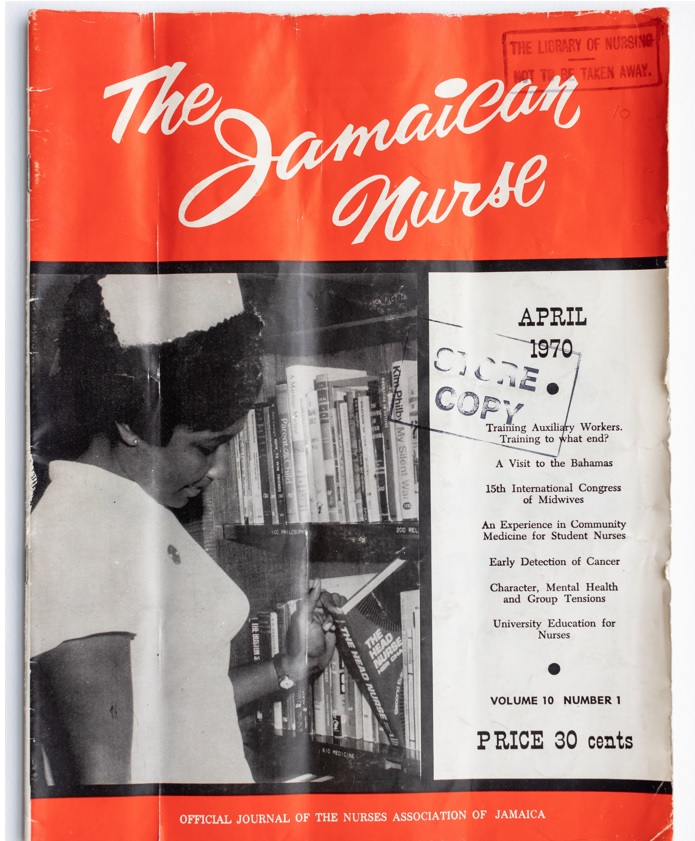Library of the Week: 21st March: This week we feature the incredible Royal College of Nursing Library and Archive. Liz Pinel and Janan Nuri have written this amazing post about the library, the collections available, the history of the Royal College of Nursing and so much more. Thank you so much to Liz and Janan and the Royal College of Nursing Library and Archive for taking part!
The Royal College of Nursing, founded in 1916, is the world’s largest nursing union and professional body; with close to half a million nurses, midwives, nursing support workers and students working together to advance the profession. 2022 marks 100 years since the RCN library was founded. Over the years we have adapted to suit the needs for nurses and evolved to ensure we are always providing the best service for our members. We provide access to over 20,000 eBooks and 2,000 eJournals, plus subject guides, databases, training and literature searches for our members around the UK.
In 1920 the College of Nursing (the ‘Royal’ was added in 1939) was gifted 20 Cavendish Square as it’s headquarters: right next to Harley Street, the medical heart of London. This was just two years after some women had been given the right to vote, and one year after nursing registration was made law. In 1922, the College was given a grant of £500 by the Carnegie United Kingdom trust to establish a professional nursing library. One of the first services offered was ‘books by post’.

Alice Thompson was appointed the first full-time librarian in 1949 and gave new purpose to the library. Thompson’s vision was to create a ‘Library of Nursing’ that would comprehensively collect English language pamphlets, journals and books relating to nursing dating back to the late nineteenth century, including a significant collection of nursing textbooks. This widened to also holding material on women and health.
The next major refocus of the library was in 2013 when two exhibition spaces were added, and the library was opened to the public to explore nursing history. The exhibitions and associated events have been extremely successful, additionally we create webpages for each exhibition so people unable to visit can explore the themes and objects: https://www.rcn.org.uk/library/exhibitions-and-events/exhibitions

Today the library holds the most comprehensive collection of English language nursing titles in Europe. Our special collection contains over 8,500 titles and 100 rare books that represent the breadth and depth of nursing in all its forms. In addition to textbooks and monographs on nursing care, clinical practice, legal and ethical aspects of nursing, we hold many biographies, memoirs and autobiographies of nurses through time. Highlights include memoirs of the 1853 Crimean war, early midwifery and gynaecological texts, childcare manuals, and examples of ‘receipts’ books and household management. The earliest item is from 1614, most of our collections dates from the 1870s.

The collection of over 250 historical nursing journals is a fantastic resource for researchers, family historians and students from a huge range of disciplines. Fashion students can find 20th Century nursing uniform advertisements, a keen family historian can search for their ancestors, and social historians can study the role of the nurse and lives of working women.
The journals contain a wide range of information about hospitals, wards, staff, patients, illness and diseases, medicine and treatments, hospital equipment and events. As well as articles, letters and obituaries, the journals contain many photographs relating to all aspects of nursing and a wide variety of advertisements. The advertisements provide a rich source for the history of patent medicines, childcare products, uniforms and social and medical history.
In 2001 the Wellcome Trust funded the digitisation of one of the rarest historical nursing journals from the collections. The first comprehensive nursing journal produced by nurses for nurses: The Nursing Record and The British Journal of Nursing, 1888-1956, is digitised and freely available via our website .

We also hold historic journals from around the world and especially Commonwealth countries. For example, we hold The Jamaican Nurse, 1961-1968, the official journal of the Nurses’ Association of Jamaica. We also have copies of Nigerian Nurse, 1968-1985, which was founded and co-edited by Kofoworola Abeni Pratt, a Nigerian-born nurse who was the first black nurse to work in Britain’s National Health Service.
During the COVID pandemic we unfortunately had to close the library, our online offer became even more vital and we were pleased to offer unbroken support for nurses through lockdown and beyond. One of the first services to restart once staff were allowed back on-site was the postal loan service, in time to celebrate one hundred years of books by post.
Researchers are welcome to book appointments to view items from the special collections, contact us on rcn.library@rcn.org.uk
Follow #RCNLibrary100 on Twitter @RCNLibraries through the year as we continue to explore and share more of our history with stories and events.
Liz Pinel and Janan Nuri, Customer Services team, Royal College of Nursing Library and Archive Service
All images copyright of the Royal College of Nursing, reproduced with kind permission of the copyright holder.
You can explore the library’s collections on Discover and find further contact details on their Discover information page.

